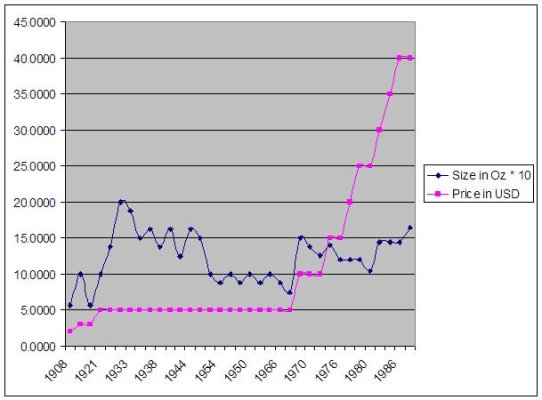Per recent CNN article:
See rest of article at:
http://tinyurl.com/d6c2p
How long can we keep this up?
Edit to reduce size of URL
Personal incomes increased 0.3% in July, while spending soared ahead by 1%. As a result, the personal savings rate tumbled to negative 0.6%, the lowest since monthly records began in 1959. Read the full report.
Quarterly data show negative savings rates for several quarters during the Great Depression. The savings rate was negative 0.2% in October 2001 and was 0% in June.
Negative savings rates are possible if consumers spend by selling assets, dipping into savings or borrowing against future income.
See rest of article at:
http://tinyurl.com/d6c2p
How long can we keep this up?
Edit to reduce size of URL



